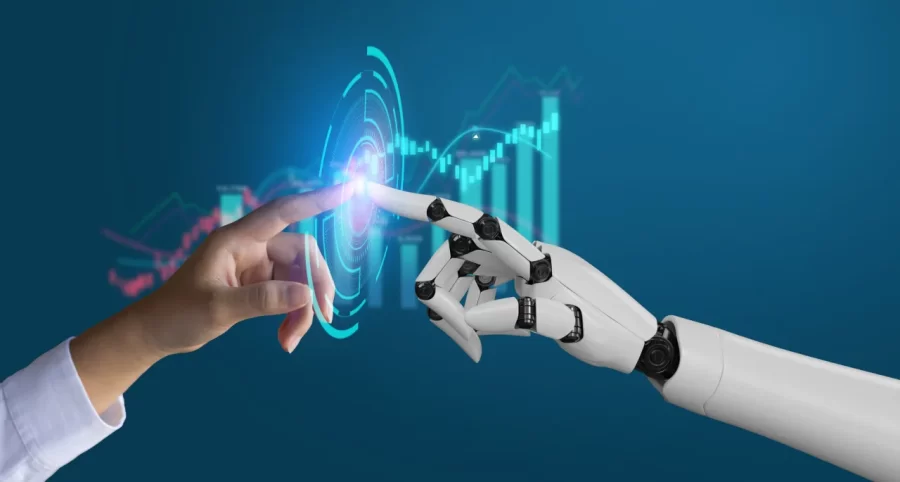Advancing AI: Will Its Benefits Be Equally Shared?

AI advancements are accelerating, with OpenAI CEO Sam Altman recently sharing ambitious plans to develop artificial general intelligence (AGI) and eventually superintelligence. Defined by OpenAI as “highly autonomous systems that outperform humans in most economically valuable work,” AGI represents a transformative milestone. Superintelligence, considered a step beyond, could massively accelerate innovation, surpassing human capabilities.
Altman believes AGI and superintelligence will create widespread wealth and prosperity. However, recent studies suggest these advancements might not benefit everyone equally. Research flagged by Wharton professor Ethan Mollick highlights an “AI inflection point” in freelance markets. Initially, AI tools boosted freelancer earnings—web developers saw a ~65% increase—but once AI began replacing jobs, earnings declined. Translators, for instance, experienced a ~30% drop.
This economic shift raises concerns about AI’s potential to deepen inequality rather than promote equitable growth. The fear is that while corporations may profit from AGI, individuals in certain sectors might face obsolescence, widening the gap between winners and losers in the AI economy.
Altman emphasizes the importance of ensuring that AGI benefits are broadly distributed, but achieving this goal remains uncertain. As the AI landscape evolves, questions linger about who will truly reap the rewards of these breakthroughs. If AI-driven technologies reinforce existing disparities, the promise of a more prosperous future could turn into a story of inequality, leaving many behind in an increasingly automated world.
Related news: https://suspicious-zhukovsky.67-21-117-18.plesk.page/?s=A330
Sources: AirGuide Business airguide.info, bing.com, etc
